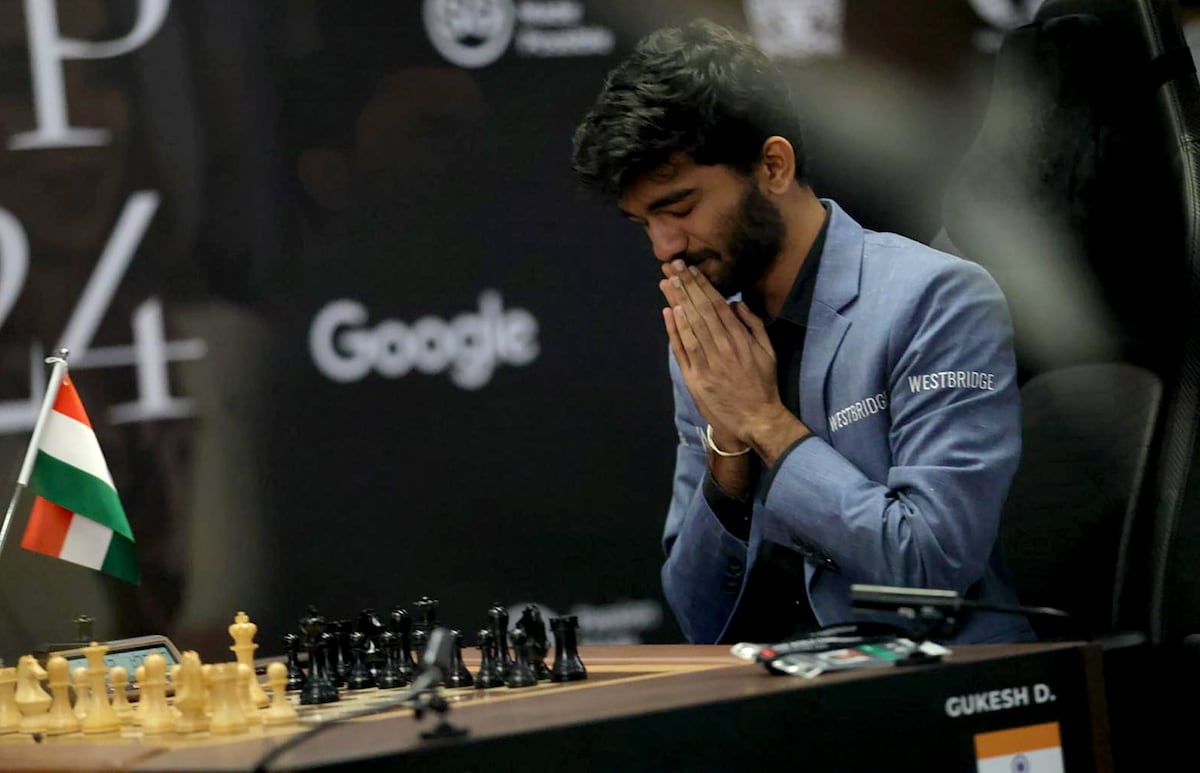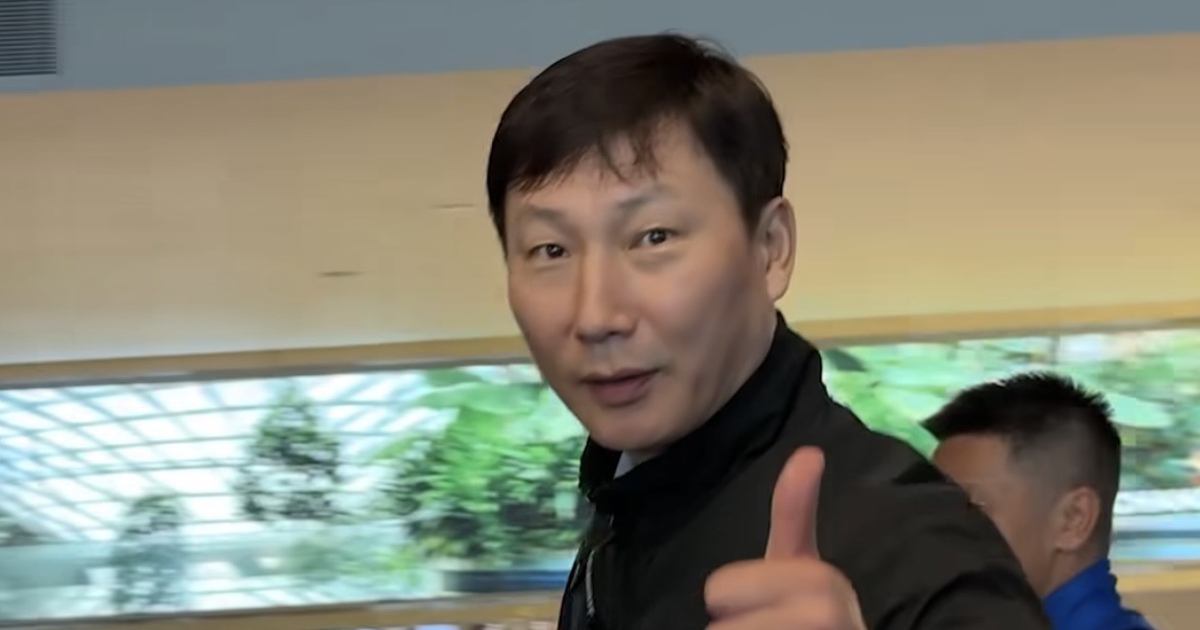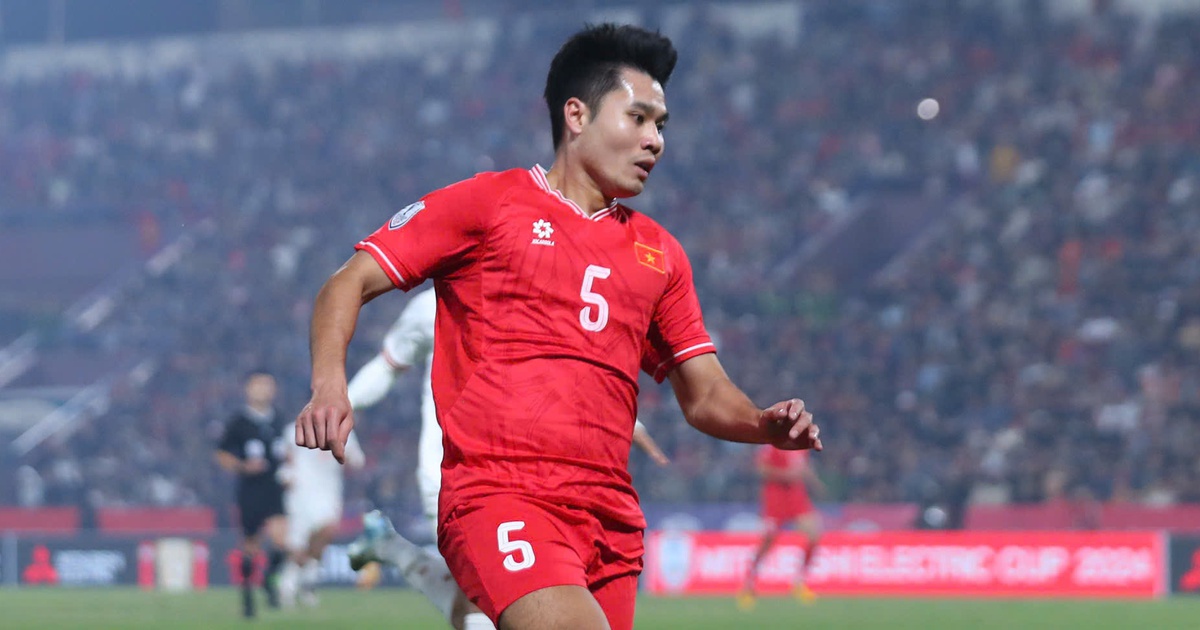Mental strength has made 18-year-old Dommaraju Gukesh the youngest world champion in history and the successor as India’s national idol to five-time champion Viswanathan Anand. His rival, the Chinese Liren Ding, achieved a clearly advantageous position in the last game of the Singapore duel, but, stiff with tension, he gave up trying to win it and then collapsed. After winning 7.5 to 6.5, Gukesh will earn 1.3 million euros; Ding, 1.1.
The first reaction of the new king of the board was exemplary in terms of sportsmanship. He thus referred to the health and playing crisis that his rival has suffered since he won the title, in April 2023, and even before, during the pandemic in China: “We all know who Ding is, how much he has had to endure in recent years, under tremendous pressure. He remains a true world champion for me. But it is clear that he was not in his best form here. Even so, he has fought a lot in each game. And that is the first thing I want to emphasize.”
Next, the Indian explained why he is the new champion: “It is a miracle, and therefore, I owe it, above all, to God. The fact that he won the Candidates Tournament in Toronto [el pasado abril] and what I have achieved here can only happen with the help of God.”
Previously, Ding barely said a few words before leaving the press conference: “It is difficult for me to assume that there will be no departure tomorrow. But I plan to continue playing chess and show that I can do it much better than in this duel,” he managed to stammer before getting up, shaking the winner’s hand again and joining his mother and his team.
The evolution of the game did not allow us to predict what happened, but rather the opposite. As always, Gukesh entered the stage at full speed while his followers cheered him, as if he were late (in reality, it was 4:52 p.m., and the formal presentations begin at 4:55 p.m.). It is one of the consequences of his work with the prestigious South African psychologist Paddy Upton, 56, famous for his successes with the national cricket teams of India and South Africa, who spoke to Morning Express during the first minutes of the game.
“I have no idea about chess, but there are elements that are common to all sports. And in chess mental control is obviously even more important than in any other game. “It is essential that nothing breaks concentration in any sense, neither through excess of optimism, as can happen when the fans are very affectionate, nor through sadness, when something goes wrong,” he explained.
Any special advice when the world title depends on a single game, the last slow one of the duel? “No. It would be precisely a mistake, very common on the other hand, to emphasize how much is played today. We made a psychological plan for the entire duel, from beginning to end, whatever its evolution. “This is how appropriate stability is achieved.”
Precisely the stability of the Indian and that which the Chinese does not have were the factors that explain what happened and—just the opposite—what should have happened logically. To begin with, because Gukesh and his main coach, the Polish Grzegorz Gajewski, on other days very correct in choosing the opening, were clearly wrong on the most crucial day: the position after only 12 moves fit much better with the champion’s style.
And the challenger clearly confirmed it with his 13th move: instead of looking for a sharp counterplay, he remained passive. But then something happened that will go down in history as one of the keys to this World Cup: Ding’s most logical plan, very easy for him to see, would have given him a clear advantage, and also in the long term, as several grandmasters underlined. who commented on the game live. However, the Chinese chose another, unremarkable one, which gave his rival an important break. And just in case there was any doubt, his nineteenth game clearly expressed that his intention was to draw as soon as possible, even though he still had a follow-up that would give him a small advantage.
It seemed like the rest was going to be a mess, with very technical play. But Gukesh began to squeeze every detail of his slight superiority (not enough to win against a correct defense). And, at the same time, the clock was also pressing on the Chinese.
Hungarian grandmaster Peter Leko, world runner-up in 2004, now a live commentator for Chess24, was the first to realize that the current champion was in serious danger: “Why the hell did Ding show himself so vulnerable when he could play win with little risk? Today, Gukesh was strong, holding his nerve well in a lower position. And Ding weak, not seeking victory when he could.”
But still, the logical outcome was undoubtedly a draw, because the position was too simple for a star of Ding’s stature to lose. However, the Chinese later confessed, when he met with journalists, that the memory of a draw position that he lost in the Chess Olympiad two months ago against the Vietnamese Quang Liem Le hovered in his head.
Ding explained the moment when the world fell on him: “I realized my mistake when I saw Gukesh making gestures of great joy.” But, a few seconds before, the Indian was very close to making another play because he had not seen the winning one: “Suddenly I saw it, and that is the happiest moment of my life.”









